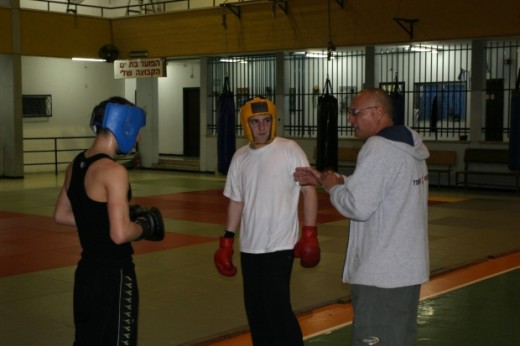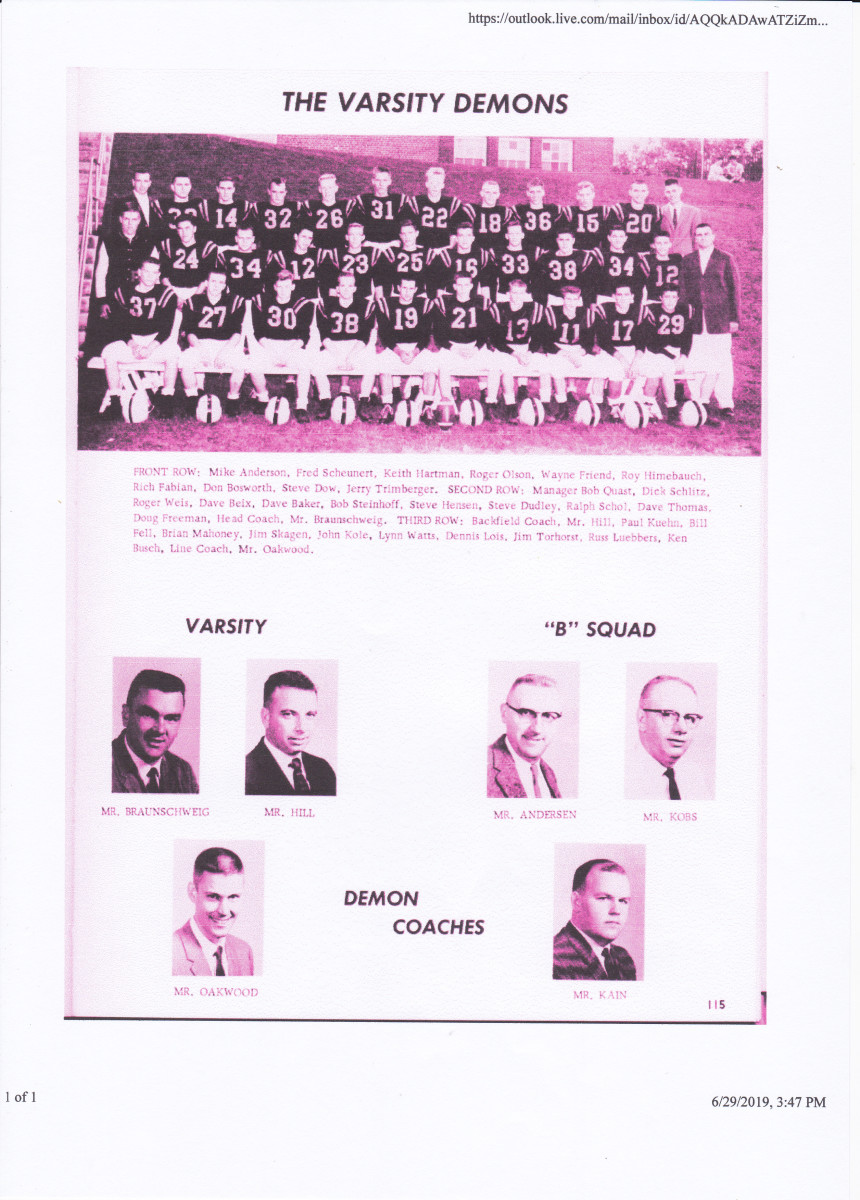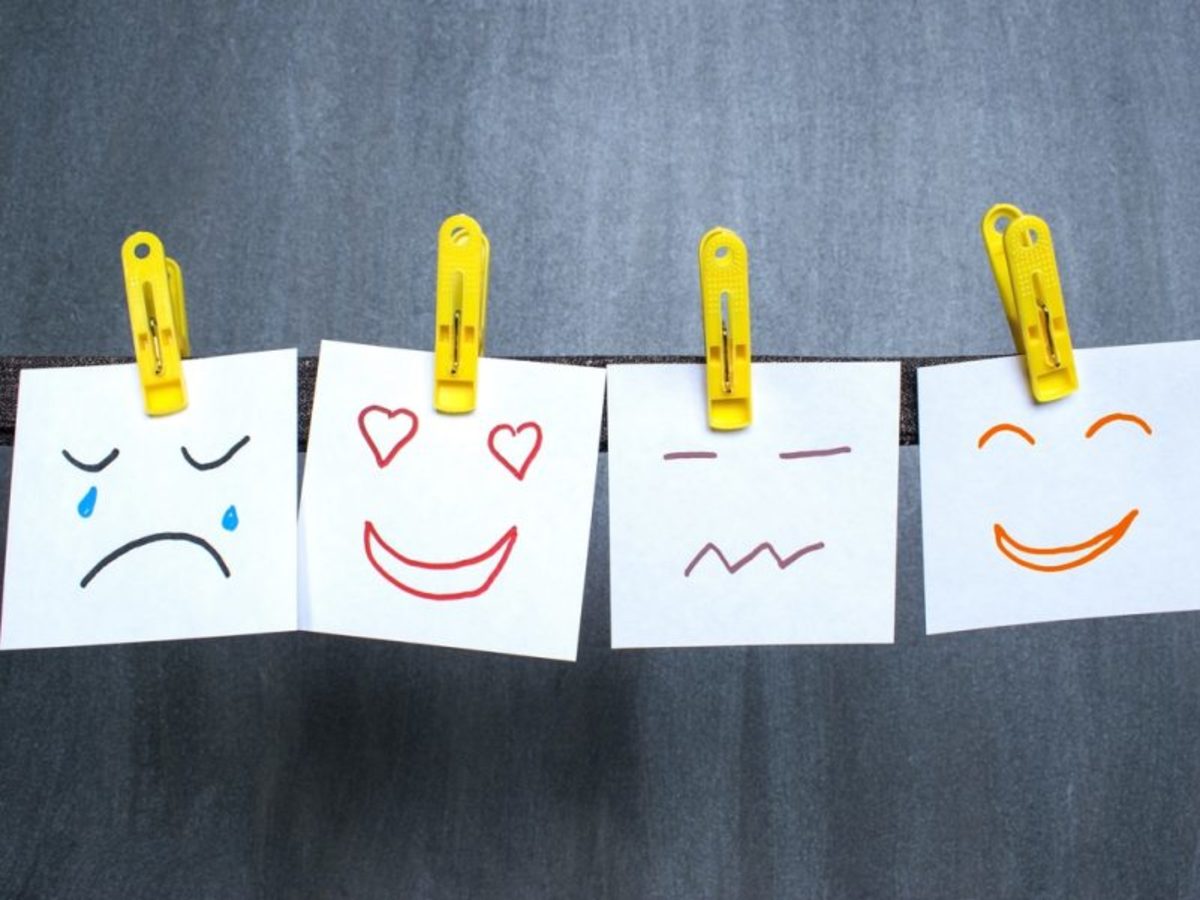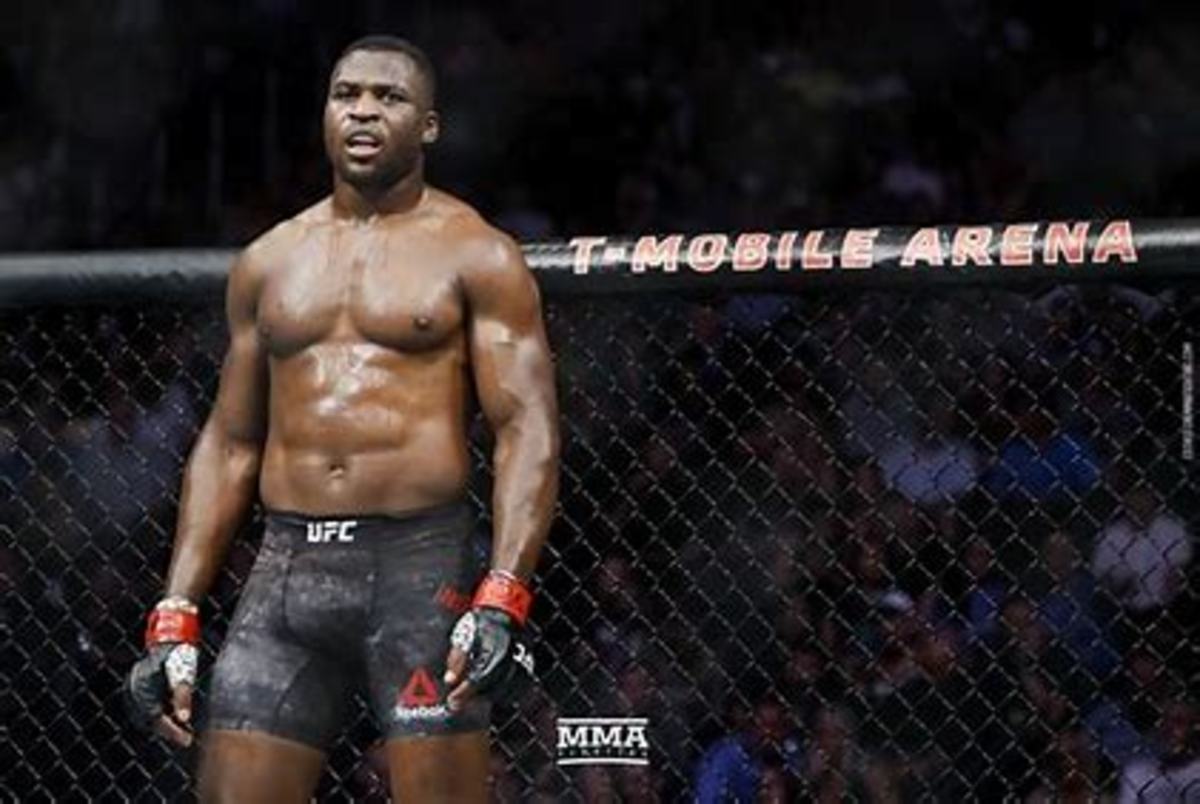- HubPages»
- Sports and Recreation»
- Individual Sports»
- Martial Arts
How Toxic Relationships Can Affect Fighters
Toxic Relationships
Toxic relationships contain abusive patterns of behavior. Toxic aspects of relationships can drag anyone down, affect self-esteem, and leave a person feeling angry, sad, or frustrated.
Toxic relationships can exist in one’s personal and professional life. For the athlete, this can spell trouble, especially when there is conflict in the fighter’s corner team. How does a fighter know when he or she is in a toxic relationship, and what can the fighter do to improve the chances for success?
Toxic relationships can pollute your training environment.

Toxic Relationships in the Training Camp
Toxic people are people who don’t feel good about themselves and are jealous of your success. They will subconsciously try to sabotage your success in training, or even worse, sabotage your game or your match.
Toxic relationships can exist inside the gym. Working with trainers, other fighters, and sparring partners that are toxic in any way can be very draining on your energy, both mentally and emotionally. If you leave the gym feeling guilty, tired, angry and very stressed out after long workouts, chances are you have people in your training team that are not helping you productively and in a positive manner, which will hurt your overall experience in your training.
Some behaviors you might experience from toxic people are:
- put downs and insults
- sarcasm
- backhanded comments, such as insulting a person then calling it a joke
- constant complaining
- gossip (yes, it happens in gyms too)
- backstabbing and two-faced, such as being nice to your face then putting you down when you’re gone
- personality clashes
Even if these behaviors are present in the smallest of ways at first, over time, all of those undermining behaviors end up taking a toll on your training sessions and your matches. This can be devastating if you are engaged in one of the hardest fights of your life or if you are on the comeback trail.
Think of a pipe with a very small leak. Those small, slow drops of water might seem insignificant at first. Over time, all of those little drops of water fill a bucket.
Toxic people are experts in manipulation. Over time, it might be a comment or two, or a snide remark slipped into the conversation. Toxic people are very skilled at triggering and awakening emotions and feelings in past issues that you have thought were long since hidden or locked away. A toxic person can completely drain you in a matter of 10 minutes and severely affect the outcome of your training sessions and your ability to perform in the ring.
These behaviors and comments can chip away at your self-confidence. You should feel great after training, invincible. If you are feeling drained and frustrated after training, start paying attention to the people you have around you in the gym, how they are acting, and the things they are saying to you. They could be part of the problem.
Toxic relationships in training camp can undermine your training.

Toxic Relationships and Your Corner Team
Even if you have had the same corner team for years, toxic relationships can form and be present, sometimes even years later. I worked with one gentleman who was insistent on working with the corner team he started with, even though he was having a lot of trouble making a comeback on his comeback trail.
I suggested to him to mix it up and get some new people in for his corner team. He was insistent on keeping his corner team. It cost him the match. He stated to me after losing his fight that one of his corner coaches made a comment to him that completely shut him down, his mental game was wiped out, and he found himself tapping out in the second round.
If you have had the same corner team and they saw you through winning championships, these same people can over time become toxic to your continued success. Over time, they know you well enough and know what to say to you to either help you succeed or to shut you down.
It is more difficult for a team that knows you very well to be objective. It is important to be comfortable with your corner team, but not so comfortable that they could be considered close to you or part of your family. The lines between the mental game and emotions can become blurred. If this happens, and the level of comfort is too high, your corner man may not be as vigilant in making sure that he or she is saying the right things to you at the moment you need to hear it. They shouldn’t know what makes you upset, or your trigger points. They are there to help you with your moves. That’s it.
If you’re finding yourself questioning the things you corner team is saying to you in between rounds or you are going back into a fight with subconscious issues that keep coming up and upsetting you in the middle of a match, you need to take hard look at the people in your corner during your future fights. Sure, it can be difficult to change fighting teams, but if the people you have in your corner have a toxic relationship with you, you are better off fighting alone.
So what do you do when you have toxic people and their behaviors around you? I spoke with Frank Shamrock, the first to hold the UFC Middleweight Championship and retired as the four-time defending undefeated champion.
Frank stated he was very choosy when it came to his core team. In his early days, he had only one person in his corner, and that person was a very good motivator, but he was looking for more technical aspects of what to do next. From that point on, Frank took charge of picking his corner team for all his fights. Frank orchestrated and created his own team, based on the coaches he was using at the time in his training camp for every single fight.
Most of Frank’s fights were title fights, and he was allowed three to four people in his corner. He adjusted his corner team to fit the opponent he was fighting and the training he was currently doing for that fight. For instance, if he knew his next opponent was a boxer, he would pick a coach who had expertise in boxing and would train him for the upcoming match and be in his corner during the fight, and could help him during the fight to see openings to get a winning KO shot he might miss. Having his corner team with him at his training camp helped to avoid miscommunications and kept all of his trainers on the same page.
Another tactic Frank used to help him stay focused and calm in his fights was using a communicator to relay all of the messages from his corner team. Frank realized, “No matter what was going on in the ring, I could always hear Maurice’s voice.” From then on, he had Maurice take charge of all the communications to him while he was in the ring. Everyone else would relay the information through Maurice, preventing any communication problems.
This is a perfect example of how an elite athlete chose the corner team, and avoided any kind of toxic relationship that would interfere with the outcome of his matches.
Make your corner team work for you.

Take Charge of Your Fighting Team
The best way to deal with toxic relationships in a fighting venue is to prevent them from happening. Taking charge of who trains you and who is there at ringside with you can help decrease the possibility of toxic relationships and toxic behavior patterns seeping into your training and corner team. Moreover, if you are able to control who has contact with you during training, this can increase your chances of success as well.
Summary
- Toxic relationships in training camp as well as in the ring can have a negative impact on your performance.
- Toxic relationships can be avoided by taking charge of your training team and your corner team.
- Be on the lookout for obvious toxic relationship patters, such as put-downs and insults, and more subtle toxic relationship patterns, such as becoming too familiar with your team.
Do you have toxic relationships?
What toxic relationship patterns have you experienced in your training gym or in your corner team?
What Are Your Experiences?
Have you had toxic relationship patterns in your athletic experience? If so, what were they and how did you handle them?







